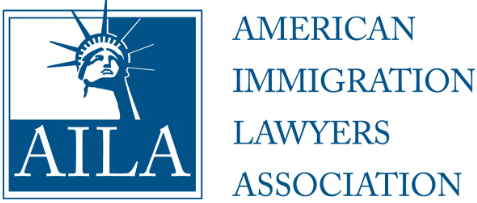Some foreign nationals who are in the US in J-1 status are subject to two year return to home residency requirements after the duration of his or her J-1 status. We assist individuals with obtaining waivers of the home residency requirement, including physicians who work in medically underserved areas.
Details:
J-1 waivers are available to exchange visitors in the United States on J-1 visas who are subject to the two-year home-country physical presence requirement, also known as the “212(e) rule.” This requirement mandates that J-1 visa holders must return to their home country for at least two years after completing their exchange program before they are eligible to obtain certain other U.S. visas, like H, L, or permanent residency (green card). However, J-1 waivers allow individuals to be exempt from this requirement under specific circumstances. There are various types of J-1 waivers, including those for physicians and other categories:
- J-1 Waivers for Physicians (Conrad 30 Program):
- The Conrad 30 program is a popular J-1 waiver option for foreign medical doctors who have completed their medical training in the United States and wish to work in underserved or shortage areas.
- Each U.S. state is allowed to recommend up to 30 J-1 waivers annually for foreign medical graduates to work in underserved areas within that state.
- Physicians must work in these underserved areas for a specific period to fulfill their J-1 waiver requirements.
- J-1 Waivers for Interested Government Agencies (IGA):
- This waiver category is for exchange visitors who are sponsored by a U.S. government agency. These agencies may request a waiver for the exchange visitor if their work is considered to be in the public interest.
- Waivers through this category are typically obtained by government researchers or those working on projects with a clear public benefit.
- J-1 Waivers for Exceptional Hardship:
- Some exchange visitors may apply for a J-1 waiver based on the assertion that they would experience exceptional hardship if they were required to return to their home country for two years.
- This category is generally used when returning to the home country would cause severe hardship to the J-1 visa holder’s U.S. citizen or permanent resident spouse or child.
- J-1 Waivers for Persecution (Asylum Seekers):
- Exchange visitors who believe they would face persecution in their home country due to their race, religion, or political opinion may apply for a J-1 waiver based on the fear of persecution.
- No-Objection Statement:
- In some cases, the home country government may issue a “no-objection statement” to indicate that they do not object to the J-1 visa holder applying for a waiver.


